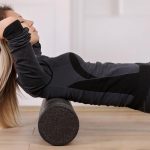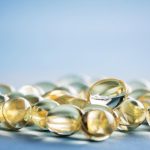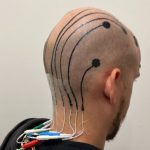
Access to psychotherapy has increased substantially among Americans, particularly young adults, a new study has found. About 12% of young adults received psychotherapy in 2021, followed by 8% of the middle-aged and 5% of seniors, researchers found. Overall, the percentage of U.S. adults receiving psychotherapy rose from about 7% in 2018 to 9% in 2021, and telemedicine may be the reason why. Nearly 40% of adults who got psychotherapy in 2021 had at least one session using telemedicine. However, that means psychotherapy is also significantly more available to adults with more money, higher education and full-time employment. “While psychotherapy access has expanded in the U.S., there’s concern that recent gains may not be equally distributed, despite or maybe because of the growth of teletherapy,” said researcher Dr. Mark Olfson, a professor of epidemiology and psychiatry with Columbia University’s Mailman School of Public Health, in New York City. “This increase in psychotherapy use, driven by the rise of teletherapy, has largely benefited socioeconomically advantaged adults with mild to moderate distress,” Olfson added in a Columbia news release. For the study, researchers analyzed survey data on medical expenditures collected between 2018 and 2021 from a total of more than 86,600 adults. As the researchers explained, teletherapy is more convenient for many patients, and is less stigmatizing than showing up at a therapist’s office. Dr. Manish Sapra is… read on > read on >

















